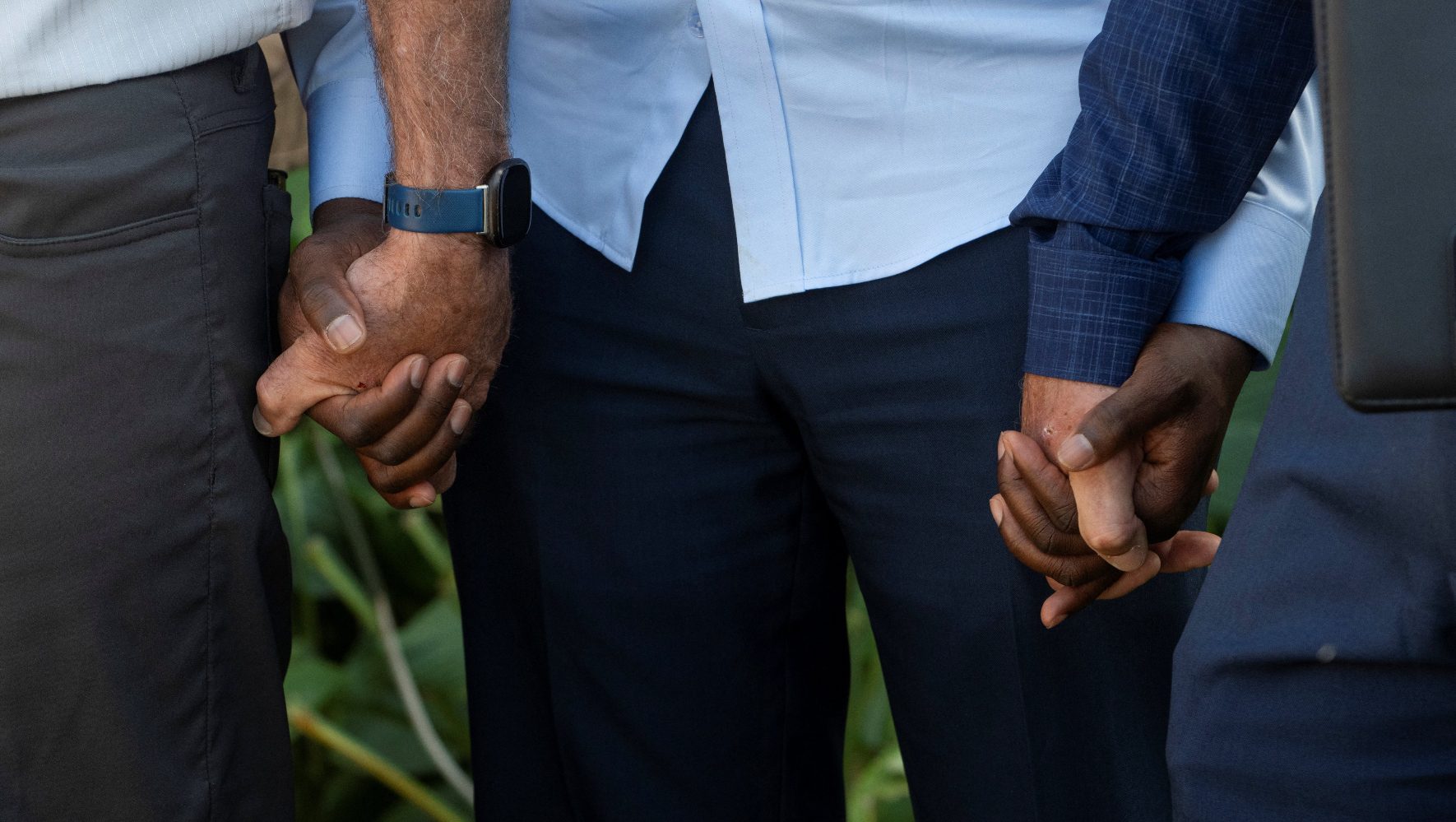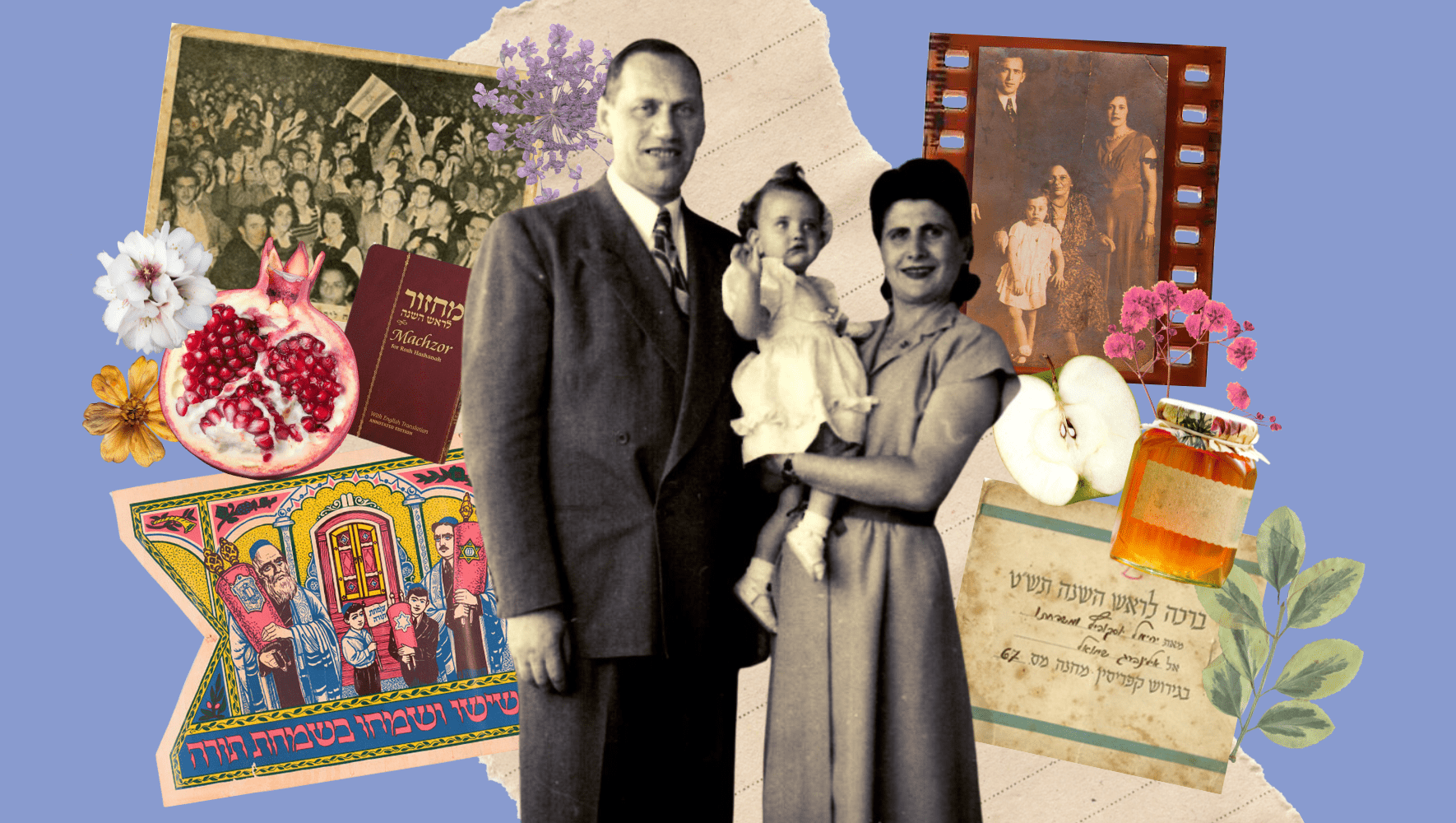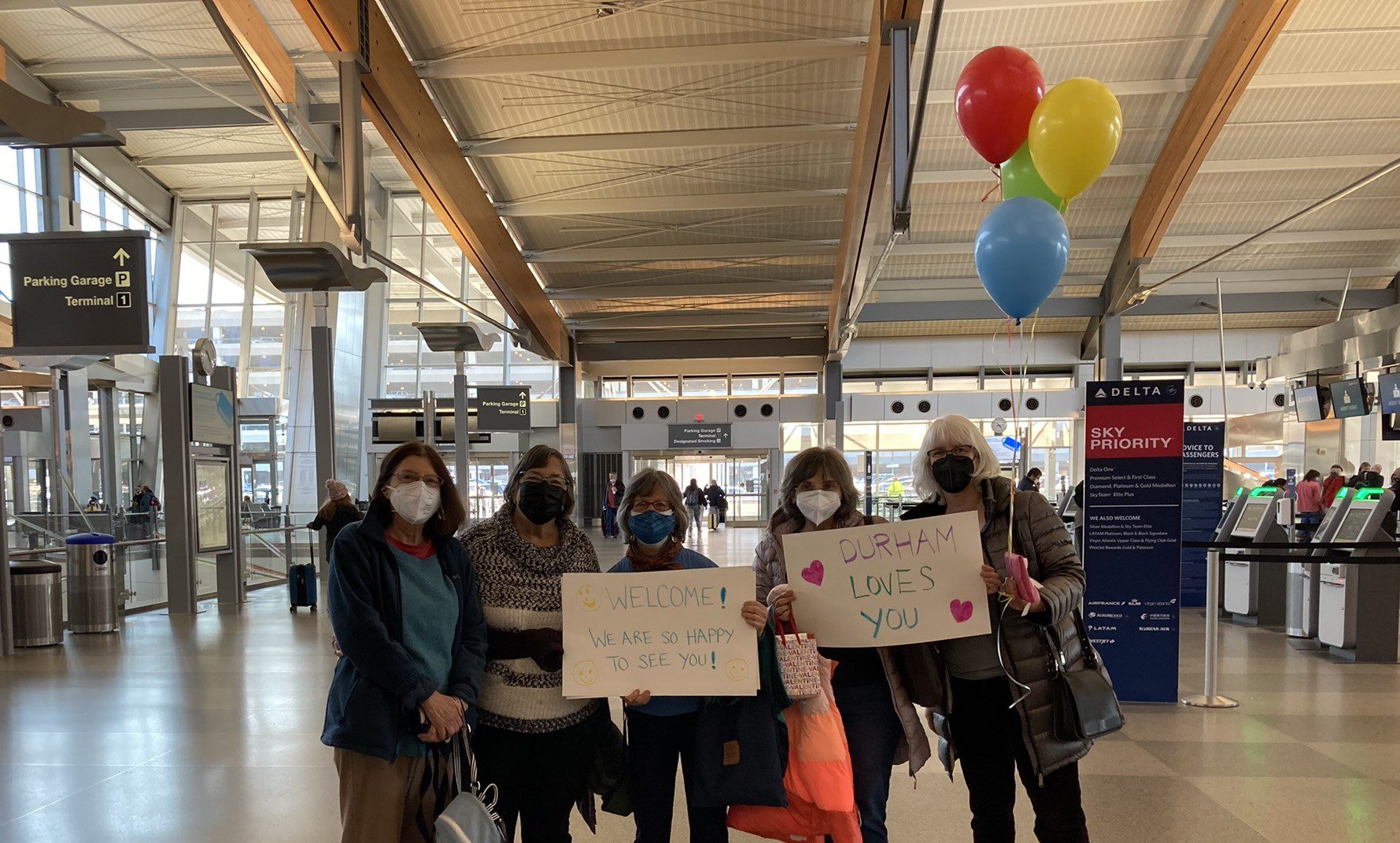Jewish, Diverse, and Inclusive: HIAS’ Core Values
By Mark Hetfield
President and CEO
Mar 18, 2021
HIAS, the oldest refugee agency in the world, has evolved from helping refugees because they were Jewish to helping refugees because we are Jewish.
Today, HIAS welcomes and assists forcibly displaced persons of a multitude of faiths and ethnicities. We are thankful that, as a Jewish community and an organization, we are in a position to help others as we and our ancestors were often helped.
In doing this work, we have attracted a global workforce — 1,233 staff members across the globe — that also represents a multitude of faiths and ethnicities. I like to boast that HIAS may be the most diverse Jewish organization in history, and that we are now striving to be the most inclusive as well.
That said, what makes HIAS Jewish? Is it our history? We were founded by Jews to help Jewish refugees during anti-Semitic pogroms more than a century ago. But history is not enough to make HIAS Jewish today, and it certainly is not enough to make us diverse and inclusive.
So how do we be Jewish, diverse, and inclusive? At HIAS, we believe that to be diverse and inclusive is to be Jewish, and we are all of those things because of our values. At HIAS, we last defined our values eight years ago. While they represented our organizational culture at the time, they were also fairly generic — or, to use a Jewish term, pareve (a term referring to food that meets dietary laws of kashrut whether served with meat or with dairy products).
We realized we need to articulate the core values unique to HIAS as an increasingly diverse and inclusive organization. We want these values to educate our staff, clients, supporters, and the world about the relationship of those values to Jewish teachings, tradition, and history. As an organization that operates in far-flung places across five continents, we need these values to unite us in our shared mission. We want our values to be accessible and inclusive, not alien and exclusive. We want our values to be something all of us can relate to. We want our values to inform all staff conduct, interactions, and decisions.
In other words, we want HIAS’ core values to be the foundation of what we do and how we do it.
To define those values, we consulted again and again with our board, our staff worldwide, and refugees who work with HIAS as community mobilizers. We ultimately landed on six values that define who we are. We articulated them in Biblical Hebrew (in Hebrew letters and transliterated), English, Spanish, and French. Where HIAS operates in countries or serves populations where another language is prevalent, we will translate them into that language as well.
While we prefer to list the values with their descriptions, for brevity here I will list the values alone:
- Welcome • Acogimiento • Hospitalité • הכנסת אורחים (Hachnasat Orchim)
- Justice • Justicia • Justice • צדק (Tzedek)
- Empathy • Empatía • Empathie • חסד (Chesed)
- Partnership • Compañerismo • Coopération • חברותא (Chevruta)
- Courage • Coraje • Courage • אומץ (Ometz)
- Resilience • Resiliencia • Résilience • רוח (Ruach)
While all of these concepts are grounded in Jewish faith and tradition, the translation into Biblical Hebrew was challenging. For example, the word “empathy” simply does not exist in Biblical Hebrew. In the context of strangers, immigrants, or refugees, the lack of a word for “empathy” in Biblical Hebrew is surprising. After all, the Torah repeats the concept no less than 36 times, in different iterations of “treat the stranger as yourself, for you were once strangers in the land of Egypt.” The challenge with the translation is that, in English, empathy describes a feeling. In the Torah, the concept of empathy is a commandment to act. And that command — taking action to fulfill our values — is the very essence of HIAS.





